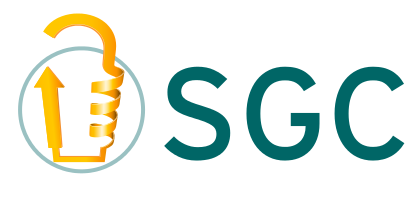 |
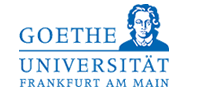 |
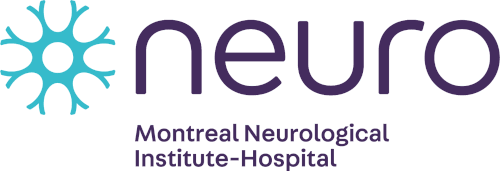 |
 |
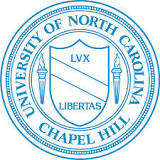 |
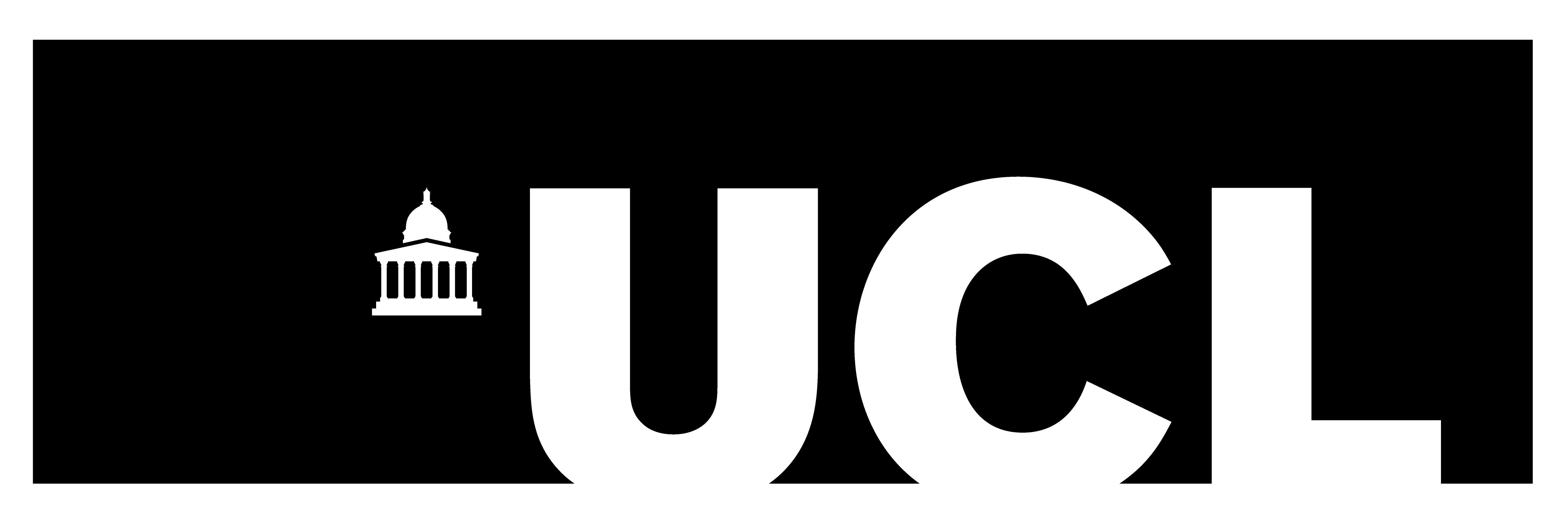 |
SGC’s Donated Chemical Probes Program: Driving Drug Discovery and Target Biology

By Sofia Melliou
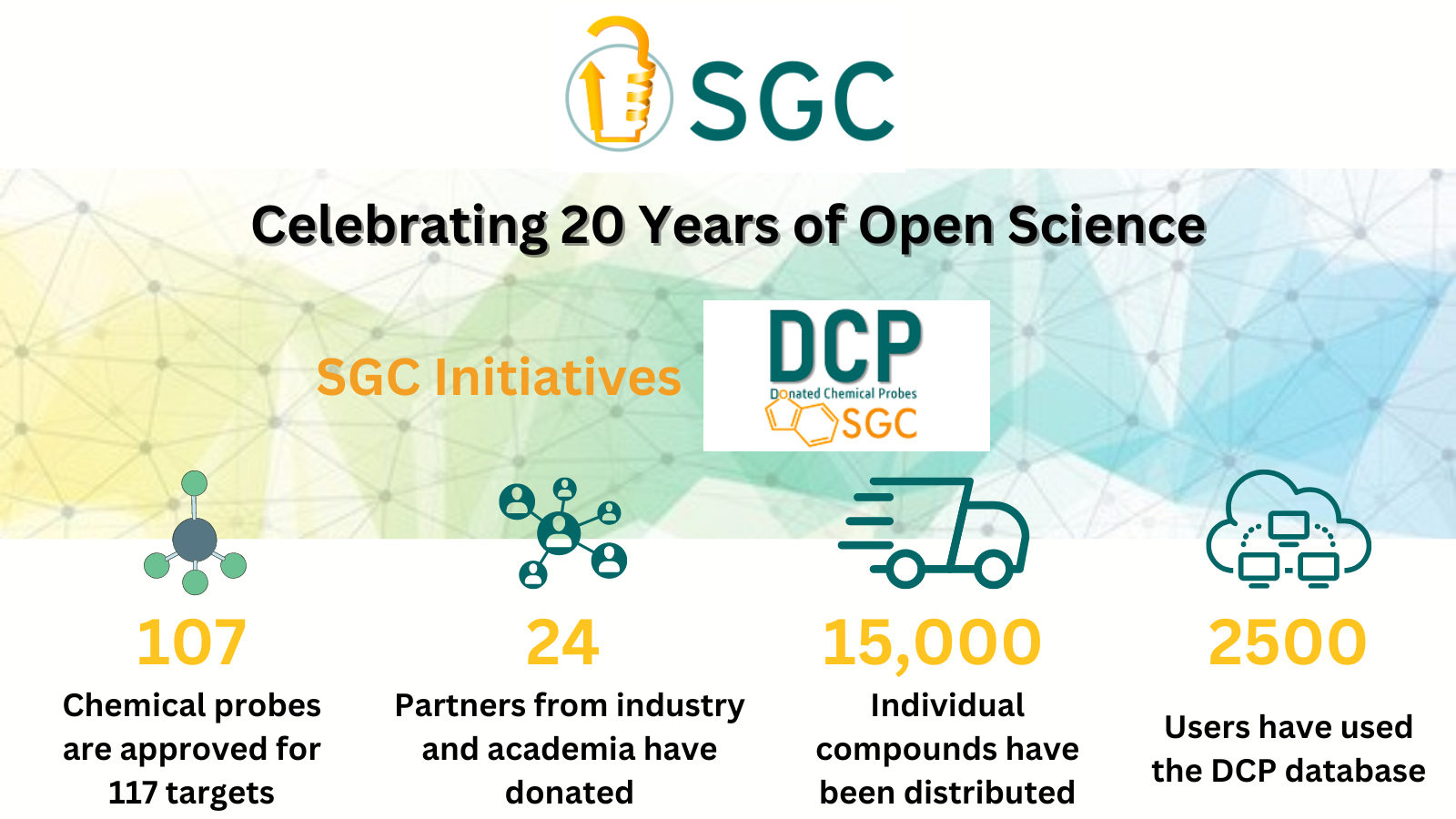
In the pursuit of understanding the function of all human proteins, it is essential to employ various tools, including the use of potent, selective, and broadly characterized small molecule modulators, known as chemical probes. These chemical probes are often described as one of the most versatile tools to explore the role of a specific protein in complex biological systems and advance existing knowledge about the protein and its relevance for therapeutic development. In this dynamic realm of drug discovery, breakthroughs often stem from collaborative efforts and innovative resources. One such resource making significant strides towards this goal is the Donated Chemical Probes (DCP) program, a freely available library fueled by generous donations of chemical probes from industry and academia, led by SGC.
In this blog post, we will explore the remarkable achievements and success of this program in the past six years, uncover some facts about its impact on the community and highlight the benefits for the scientific community to join.
The Need for Well-Characterized Small Molecules
Well-characterized chemical probes are essential to comprehensively study the biology and therapeutic relevance of a target protein. However, the scientific community faces a significant challenge: many chemical compounds lack sufficient characterization data and guidance on their use, resulting in misleading or contradictory data in the literature.
The lack of (accessible) characterization data – a large body of data is buried in patents or supplemental information in publications – makes it difficult for researchers to select the most suitable chemical tools for their experiment. Even worse, some high-quality chemical tools and associated data generated by academics and more importantly by the pharmaceutical industry remain entirely undisclosed and unavailable to the research community, thereby impeding scientific progress.
Following the Structural Genomics Consortium's Approach
It is thus worth wondering how this situation can be tackled and how these reagents can be fully utilized by the community.
The SGC has been at the forefront of addressing these challenges by focusing on open science as the fastest route to have a positive effect on research. In 2017 the SGC Frankfurt spearheaded the Donated Chemical Probes program in pre-competitive cooperation with seven pharmaceutical companies (AbbVie, Bayer, Boehringer Ingelheim, Janssen, MSD, Pfizer, and Takeda).
This open science initiative aimed to provide the scientific community with an unencumbered collection of valuable, well-characterized chemical probes and to foster a collaborative environment for accelerated scientific advancement.
The initial goal was to assemble a set of 70 probe compounds with matching controls, further characterize them in a variety of assays and make the data as well as the physical compounds accessible to the community in a streamlined manner without high contractual hurdles. Guidelines for the compounds to be taken up into the set were created and endorsed by the internal and external independent committees, which assess each of the proposed probe candidates in a two-tier scientific review process.
This open-access contribution set the ground for a collaborative environment between pharmaceutical industry partners, academia and researchers.
Impressive Metrics Reflecting Global Impact
Today, the DCP library is a publicly available physical resource accompanied by comprehensive characterization data and control compounds offering researchers easy access to a growing collection of high-quality tools. Some accomplishments of the program include:
- 107 approved chemical probes for 117 Targets: The approved DCPs provide researchers with invaluable tools to validate and investigate potential therapeutic targets, thereby advancing our understanding of disease mechanisms.
- Industry-Academia Collaboration: With a growing set of 94 chemical probes generously donated by industry partners and 13 probes contributed by academia, the program exemplifies the power of collaboration between these two sectors.
- New partners: 24 partners from the pharmaceutical industry as well as academic groups made their chemical probes available to the wider community.
- Uptake by Research Community: More than 15,000 individual compounds and more than 120 sets have been shared with researchers around the world in 30 countries and more than 100 organizations.
- Database Engagement: The DCP database has an impressive 18,000 page views from 2,500 users across 63 countries in the last year.
Joining the Quest for Advancement
The Donated Chemical Probes program offers numerous benefits for the scientific community, encouraging participation and collaboration. Here are some key advantages:
- Access to Cutting-Edge Tools: Researchers have access to a vast collection of high-quality chemical probes, accompanied by their characterization data, inactive control compounds, and recommendations on their use. This data as well as the physical compounds are accessible to the community in an unbureaucratic, streamlined manner, propelling research forward.
- Open Access and Shared Knowledge: The DCP program operates on the principle of open science, making these chemical tools and associated profiling data freely accessible to researchers worldwide.
- Bridging Disciplines: The program facilitates the convergence of diverse disciplines, including medicinal chemistry, structural biology and clinical research. This interdisciplinary approach fosters a comprehensive understanding of disease mechanisms and enables researchers to tackle complex challenges from multiple angles.
- Collaborative Network: By participating in the program, scientists become part of a global network of researchers, academics, and industry experts. This collaborative environment fosters knowledge exchange, data sharing, and the opportunity to form fruitful partnerships, and collectively accelerate scientific progress, ultimately leading to improved healthcare outcomes.
- Empowering Early-Stage Research: The DCP program not only benefits established researchers but also empowers early-career scientists and academic institutions with limited resources, opening doors for innovation and discovery.
This is only the beginning!
The DCP program, led by the SGC, has achieved remarkable success in its six years of operation. This collaborative initiative between academia and industry has fostered a vibrant community of researchers worldwide which is continuously expanding. By donating a chemical probe, you offer easy access to unencumbered high-quality research tools. With ongoing donations from the scientific community and additional industry partners, this program holds the promise of supporting the unlocking of new biology and identifying high-quality targets for drug discovery.
"It has been truly exciting to watch this initiative developing from its conception in 2017 to its current status. Thanks to the team and to generous donations by pharma companies and academic researchers, we already have more than 100 high quality donated probe compounds, their closely related inactive controls and the corresponding data packages – a valuable resource for the scientific community to advance our understanding of the target proteins in biological processes." Dr. Anke Mueller-Fahrnow, Senior Advisor at Nuvisan
On May 9th, 2023, the 8th DCP meeting witnessed the active participation of 50 attendees, both online and in person, fostering a spirit of collaboration and knowledge exchange. During the meeting, a total of 12 probe candidates, derived from both industry and academia, were presented to the JMC and CPSC. As a result, 6 probes were granted full approval, while 5 probes received conditional approval, showcasing promising advancements in scientific research. We commend the contributions of all participants and eagerly anticipate the transformative impact of these small molecular compounds on scientific knowledge and innovation.
Join us in the quest to increase the availability of well-validated small chemical compounds. The next DCP meeting with the possibility to donate and present your probe will be in December 2023. For more information on the DCP program contact: tredup@pharmchem.uni-frankfurt.de
More information and further reading:
Donated chemical probes | SGC (thesgc.org)
Donated Chemical Probes (uni-frankfurt.de)
Science Forum: Donated chemical probes for open science | eLife (elifesciences.org)
